Product Description

Unbeknownst to many, bullying is not an experience limited to childhood, but is an epidemic occurring far too often among older adults as well. Studies have revealed the alarmingly high rate at which older adults in senior programs and care settings are bullied by their peers, resulting in profoundly negative effects on the elders, the staff, and the community in which it is occurring. Bullying Among Older Adults is the first resource to address this critical issue, providing the knowledge and tools to recognize bullying and develop constructive ways to intervene and prevent it.
As an expert on peer bullying among older adults, author Robin Bonifas draws upon a growing body of research as well as the voices and actual experiences of the targets and perpetrators of bullying. She exposes the nature of this phenomenon and then presents positive, proactive ways for community-based or long-term care staff to minimize and prevent it from happening. Filled with practical resources and examples, this book offers effective interventions, including empathy and civility training, empowerment strategies, bystander interventions, and more.
Increase staff awareness and improve day-to-day interactions with:
- detailed, step-by-step assessment strategies and anti-bullying interventions
- effective coping strategies to minimize negative consequences for those bullied
- pro-social activities to promote empathy and civility
- specialized approaches for residents with dementia or mental illness
Bullying Among Older Adults is an invaluable resource in creating an atmosphere of caring and respect among both residents and staff.
Practical resources and examples include:
- Learning activities
- Case studies
- Model intervention programs
- Sample forms and policy guidelines (also downloadable!)
- Social Interaction Survey (also downloadable!)
- Bullying assessment form (also downloadable!)
Long-term care providers (administrators and department managers); Directors of Nursing; social workers and case/care managers; ombudsman; psychologists and psychiatrists; lawyers; older adults and family members. Also can be used as a supplemental text in college courses.

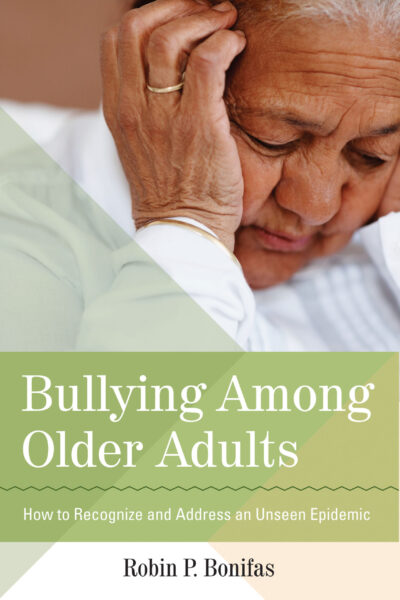
 Robin P. Bonifas, Ph.D., M.S.W., is Associate Professor and Associate Director for Curriculum & Instruction at the Arizona State University School of Social Work. Dr. Bonifas earned her doctorate from the University of Washington in Seattle and has more than 15 years of experience working with older adults and their families in both long-term care and inpatient psychiatric settings. Her research focuses on enhancing psychosocial care for persons with chronic illness and disability, especially those with comorbid mental health conditions and those requiring long-term care. She also evaluates curricular interventions designed to prepare students for effective practice with older adults. Her current projects examine elder social justice issues, such as resident-to-resident aggressive behaviors in nursing homes, bullying among older adults, and other challenges to social relationships in senior care environments. In addition, she is examining the impact of interprofessional education on students’ competencies for collaborative healthcare practice.
After completing her master’s degree in social work, Dr. Bonifas served as the director of social services in three different skilled nursing facilities over the course of 13 years. She appreciated interacting with individuals in nursing homes so much that she began working on her doctoral degree in 2001 in order eventually to prepare other social workers for practice in this area and to conduct research to advance the field of gerontological social work. The John A. Hartford Foundation funded her doctoral research, which focused on examining factors associated with quality psychosocial care in skilled nursing facilities. Since completing her Ph.D. in 2007, Dr. Bonifas has been working within an academic setting and has continued with research based in skilled nursing as well as the study of social relationship challenges in assisted living.
To date, Dr. Bonifas has given more than 25 presentations across the United States on bullying among older adults, helping senior care providers understand what it is and why it may occur, how it impacts older adults, and what strategies can be used to minimize its occurrence. Her research on resident-to-resident aggression in nursing homes has been published in Health and Social Work and the Journal of the American Medical Director’ Association.
Dr. Bonifas was named the John A. Hartford Faculty Scholar in Geriatric Social Work in 2011. She serves as the Vice President of the Association of Gerontology Education in Social Work and as a consulting editor for Health and Social Work and the Journal of Gerontological Social Work. She is also the treasurer for the Arizona chapter of the National Association of Social Workers.
Robin P. Bonifas, Ph.D., M.S.W., is Associate Professor and Associate Director for Curriculum & Instruction at the Arizona State University School of Social Work. Dr. Bonifas earned her doctorate from the University of Washington in Seattle and has more than 15 years of experience working with older adults and their families in both long-term care and inpatient psychiatric settings. Her research focuses on enhancing psychosocial care for persons with chronic illness and disability, especially those with comorbid mental health conditions and those requiring long-term care. She also evaluates curricular interventions designed to prepare students for effective practice with older adults. Her current projects examine elder social justice issues, such as resident-to-resident aggressive behaviors in nursing homes, bullying among older adults, and other challenges to social relationships in senior care environments. In addition, she is examining the impact of interprofessional education on students’ competencies for collaborative healthcare practice.
After completing her master’s degree in social work, Dr. Bonifas served as the director of social services in three different skilled nursing facilities over the course of 13 years. She appreciated interacting with individuals in nursing homes so much that she began working on her doctoral degree in 2001 in order eventually to prepare other social workers for practice in this area and to conduct research to advance the field of gerontological social work. The John A. Hartford Foundation funded her doctoral research, which focused on examining factors associated with quality psychosocial care in skilled nursing facilities. Since completing her Ph.D. in 2007, Dr. Bonifas has been working within an academic setting and has continued with research based in skilled nursing as well as the study of social relationship challenges in assisted living.
To date, Dr. Bonifas has given more than 25 presentations across the United States on bullying among older adults, helping senior care providers understand what it is and why it may occur, how it impacts older adults, and what strategies can be used to minimize its occurrence. Her research on resident-to-resident aggression in nursing homes has been published in Health and Social Work and the Journal of the American Medical Director’ Association.
Dr. Bonifas was named the John A. Hartford Faculty Scholar in Geriatric Social Work in 2011. She serves as the Vice President of the Association of Gerontology Education in Social Work and as a consulting editor for Health and Social Work and the Journal of Gerontological Social Work. She is also the treasurer for the Arizona chapter of the National Association of Social Workers.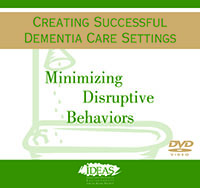
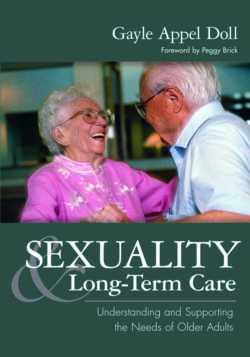
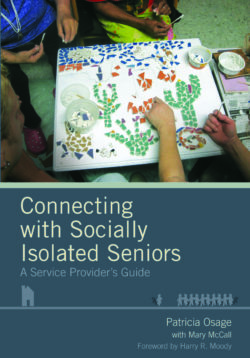
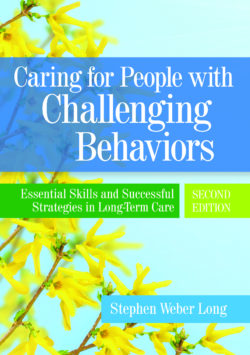
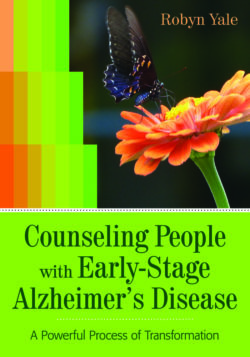
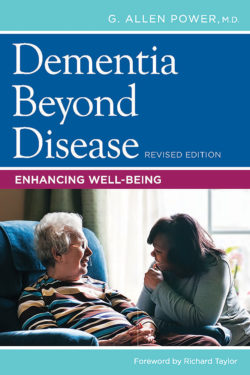
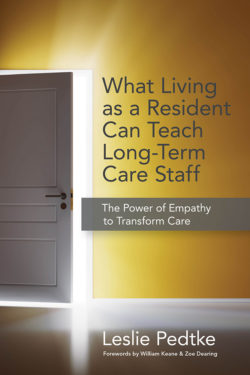
Administrator –
“This much needed, clearly written resource is well researched and full of practical tools that can be used by a wide range of practitioners to recognize and stop the many interactions that comprise bullying. Anyone who works with older adults, or is planning to, should know what Dr. Bonifas and her contributors have gathered in this impressive volume and keep it handy as a practical reference in their day to day work.”
—Judah L. Ronch, Ph.D.
Dean and Professor, Erickson School
Affiliate Professor, Information Systems, University of Maryland Baltimore County
Administrator –
“This book provides a foundation for understanding bullying behaviors among older adults. The book is particularly useful for staff members in nursing homes, assisted living centers, and senior centers who may be challenged by these behaviors. The book provides many case examples as well as tools for practitioners to use to intervene and stop the bullying behavior. Educators and researchers will also find this book useful because of the seriousness of the issue and also because there are so few other resources available. This book addresses an important gap in the literature. I strongly endorse this book.”
—Mercedes Bern-Klug, PhD, MSW, MA
John A. Hartford Geriatric Social Work Faculty Scholar and Director, Aging Studies Program
University of Iowa
Administrator –
“[This book] is an important reference in how to combat bullying. Bonifas offers advice on empathy training and organizational interventions. The book is academic, but written in a way that you feel as if you’re chatting with a friend.”
—Elizabeth Leis Newman
Senior Editor
McKnight’s Long-Term Care magazine